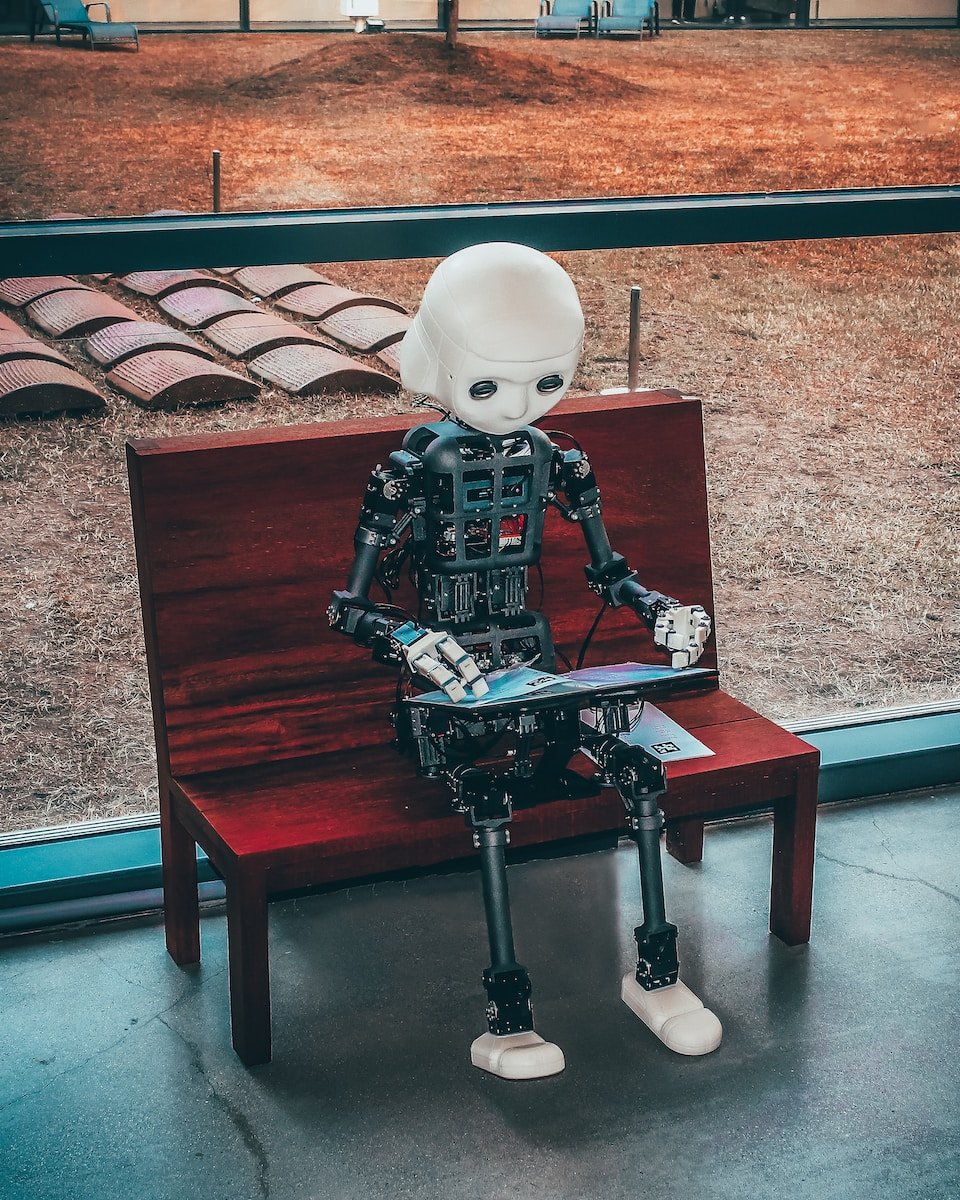
With the rise of artificial intelligence (AI), concerns about job displacement have become increasingly prevalent. However, experts suggest several strategies individuals can employ to mitigate the risk of AI taking over their roles. Additionally, certain career paths are deemed more susceptible to automation than others. Here’s how to safeguard your job and five professions that may face the threat of “robot takeover,” as revealed by experts:
- Embrace Lifelong Learning: Continuously updating your skills and staying abreast of technological advancements can help future-proof your career. Investing in education and training programs focused on areas less susceptible to automation can enhance your employability.
- Develop Soft Skills: While AI excels at performing routine tasks, human-centric skills such as creativity, emotional intelligence, and critical thinking remain highly valued. Cultivating these soft skills can make you indispensable in roles that require human interaction and decision-making.
- Explore Hybrid Roles: Combining technical expertise with domain-specific knowledge can create hybrid roles that leverage AI tools while capitalizing on human intuition and expertise. Pursuing interdisciplinary opportunities can offer resilience against job displacement.
- Stay Agile and Adaptive: Flexibility and adaptability are essential traits in a rapidly evolving job market. Being open to new challenges, roles, and industries can broaden your career options and reduce vulnerability to automation-related disruptions.
- Seek Opportunities for Upskilling and Reskilling: Proactively seeking out opportunities to upskill or reskill in emerging fields such as data science, cybersecurity, and digital marketing can position you for success in AI-driven industries.
While no career is entirely immune to automation, some professions are more likely to be impacted than others. According to experts, the following five careers face the highest risk of “robot takeover”:
- Administrative and Clerical Roles: Routine administrative tasks such as data entry, scheduling, and file management are prime candidates for automation through AI-powered tools and software.
- Retail and Customer Service: With the rise of chatbots and virtual assistants, roles in retail and customer service, including cashier positions and call center jobs, are increasingly susceptible to automation.
- Manufacturing and Production: Automation technologies such as robotics and machine learning are revolutionizing manufacturing and production processes, leading to the displacement of assembly line workers and manual laborers.
- Transportation and Logistics: The advent of autonomous vehicles and drone delivery systems threatens jobs in transportation and logistics, including truck driving, delivery services, and warehouse operations.
- Financial Services: AI-driven algorithms and robo-advisors are disrupting traditional roles in the financial services industry, including financial analysis, investment management, and risk assessment.
While the prospect of AI-driven job displacement may seem daunting, proactive measures such as lifelong learning, skill development, and adaptability can help individuals navigate the evolving employment landscape and thrive in the age of automation.
